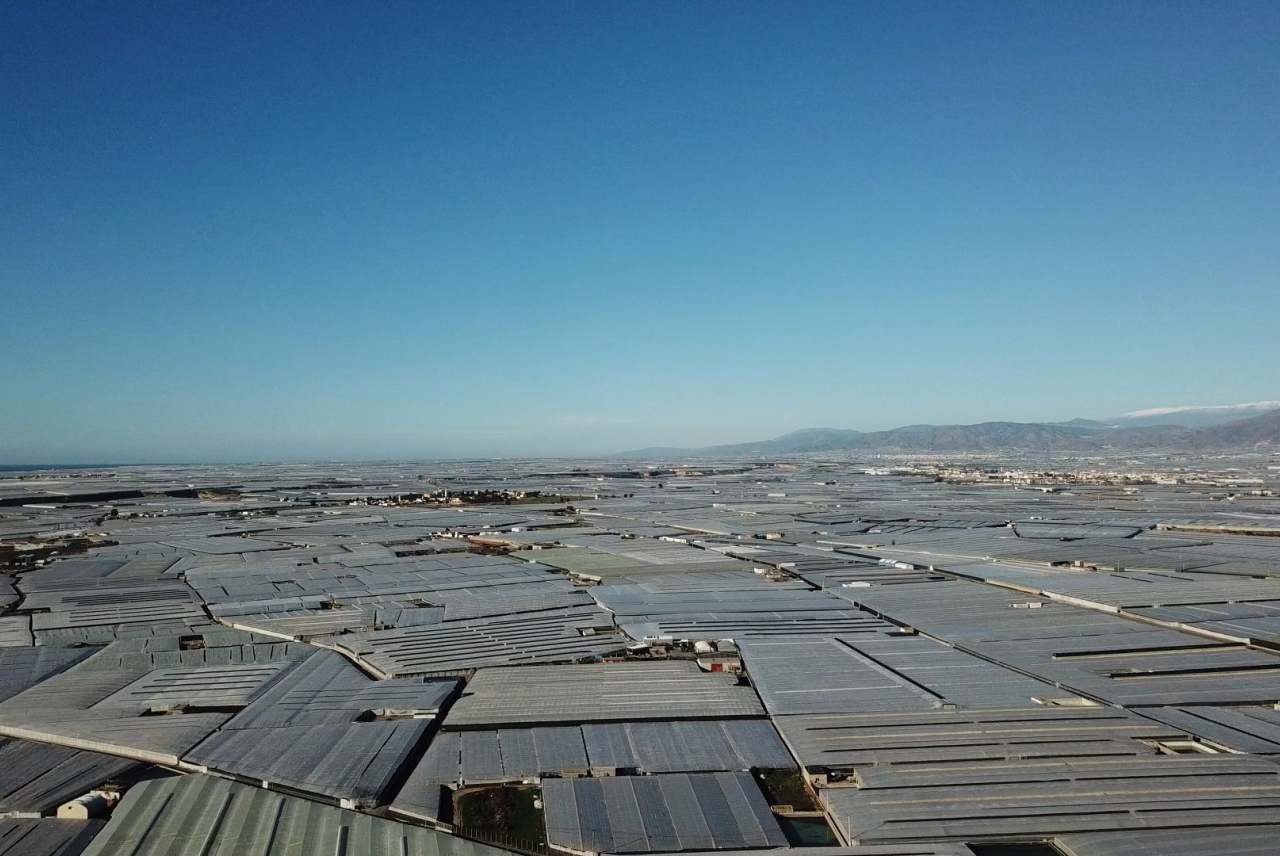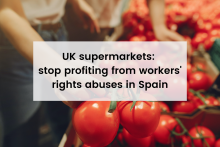An Ethical Consumer report is calling on UK supermarkets to take immediate steps to protect the rights of migrant agricultural workers in Spain. Aldi, Asda, Co-op, Lidl, M&S, Morrisons, Sainsbury’s, Tesco, and Waitrose are named in the report.
Farm managers in southern Spain have demanded sex in return for employment, confiscated passports so workers can’t ‘escape’, fired workers for trying to unionise or join strikes and penalised workers for going to the toilet.
Workers' rights organisations including Anti-Slavery International, the Coalition of Immokalee Workers, Leigh Day solicitors and Landworkers’ Alliance have endorsed the report’s findings and call upon UK supermarkets to implement its recommendations.
UN special rapporteur on extreme poverty and human rights, Olivier de Schutter, states “For years, authorities and employers in southern Spain have been content to sit back and watch as migrant workers endure the most horrific, inhumane working conditions”. He continues:
“I urge supermarkets to end their complicity in this abuse and address the issue head-on, using this report as their guide.”






